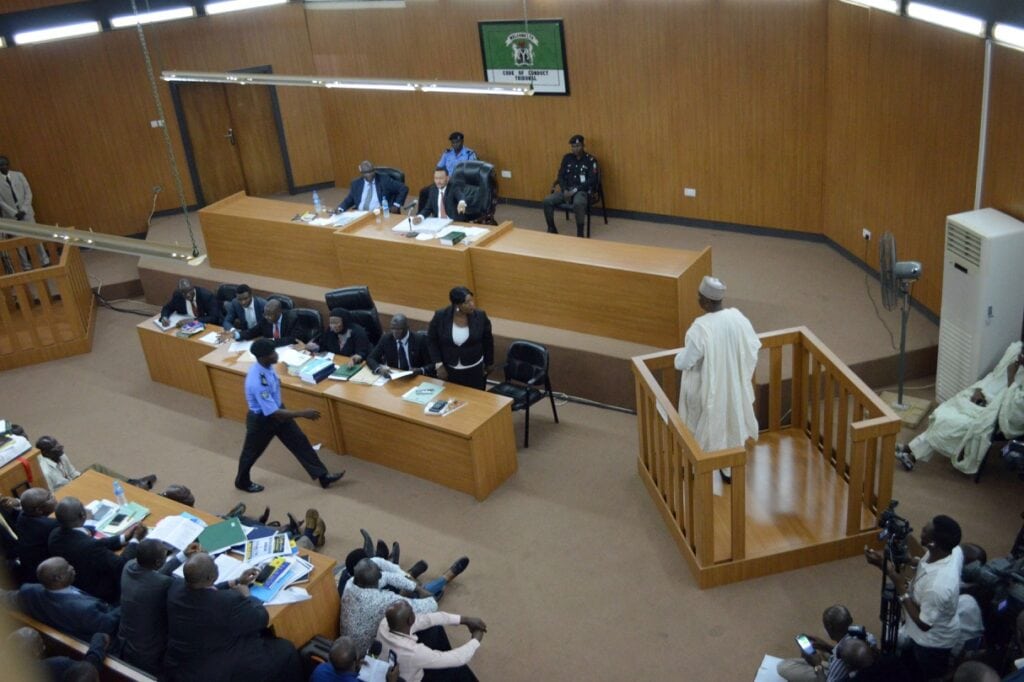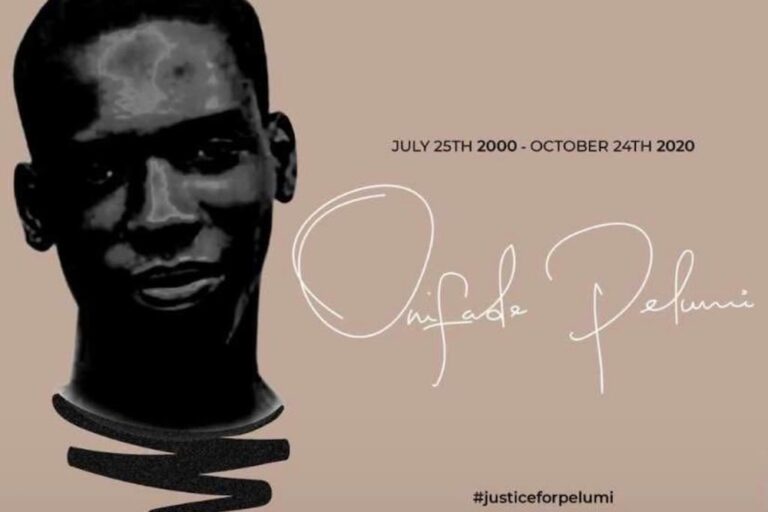The MFWA has submitted an amicus curiae petition to Nigeria's Supreme Court in support of musician Yahaya Sharif-Aminu, who is appealing his death sentence in a blasphemy case.
This statement was originally published on mfwa.org on 17 May 2023.
The Media Foundation for West Africa (MFWA) has submitted an amicus curiae petition to Nigeria’s Supreme Court in support of Nigeria Yahaya Sharif-Aminu, a musician who is appealing his death sentence in a blasphemy case.
Sharif-Aminu, then 22, was sentenced to death by hanging in 2020 after an Upper Sharia Court in Kano convicted him of blasphemy in relation to a song he composed expressing his religious belief. The song, a eulogy to the founder of the Tijaniya Muslim sect, Sheikh Ibrahim Niasse, was denounced as blasphemous by critics who said it projected the Senegal-born cleric above the Prophet Muhammed. A mob of fanatics stormed Sharif-Aminu’s family home and burnt it down. The zealots later massed up in front of the headquarters of the Islamic police to demand the arrest and prosecution of the singer. Unfortunately, the authorities capitulated to the frenzy and put the singer before court, leading to his conviction.
He has since been on death row in Kano State, in northern Nigeria and now faces the risk of execution, barring a successful appeal to the Supreme Court of Nigeria. As part of an advocacy effort towards a successful outcome, the MFWA submitted a joint amicus curiae petition with the International Senior Lawyers Project (ISLP), led by Richard N. Winfield, Adjunct Professor, Columbia Law School, Columbia University, USA.
The ISLP is a non-governmental organization of 2,000 volunteer human rights lawyers devoted on a pro bono basis to protect and defend human rights and the rule of law.
In their submission, the two petitioner organisations reminded the court that, “As a signatory of the ICCPR and African Charter, Nigeria is subject to limitations on punishment for expression.”
“When the extent of an individual’s right to engage in controversial speech is called into question, the State has a heightened responsibility to ensure that proper treatment and protection of that individual’s rights is upheld.
“Finally, no international court has ever held that the State may imprison a defendant for having uttered controversial speech.
“More importantly, no international court has ever held that the State may take the life of a citizen for having uttered controversial speech,” the petitioners said.
Read the full amicus curiae brief here.



